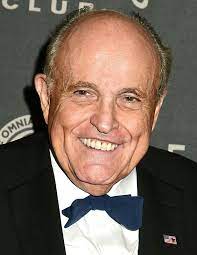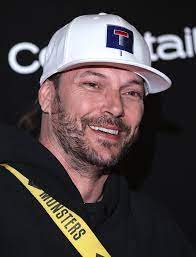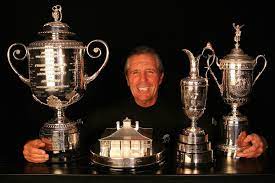Patrick Reed is the 11th ranked golfer in the world and won the 2018 Masters Tournament.

Reed was recently in the news for breaking the rules of golf during Hero World Challenge in the Bahamas. During the third round of the tournament, Reed was assessed a two-shot penalty for improving his lie when he took two practice strokes in a waste area. During these practice strokes, some of the dirt/waste behind the ball moved, thus improving his chances of hitting a better golf shot.
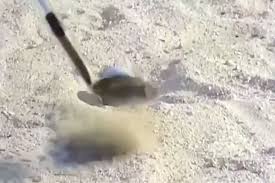
Golf has always been a “game of honor” and players are required to self-govern themselves. They are required to know the rules and to follow them and if there is a violation of the rules – inadvertent or otherwise – they are required to report it.
Brendel Chamblee is an analyst on the Golf Channel and has been extremely vocal in criticizing Reed (as have many in the golf and sports media) and the way that he handled this rules violation. Among things Chamblee said on the air was that “to defend what Patrick Reed did is defending cheating. It’s defending breaking the rules.”
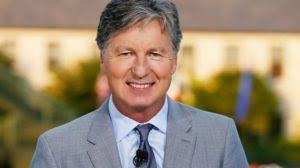
As a result of Chamblee’s statements, Patrick Reed’s attorney has sent a cease and desist letter to Chamblee demanding that he stop referring to Reed as a “cheater.” The letter states that the purpose “is to obtain assurance that you will refrain from any further dissemination, publication or republication of false and defamatory statements concerning Mr. Reed, including any allegations that he ‘cheated’ at the Hero World Challenge in the Bahamas.”
Reed’s lawyer wrote, “Indeed, as you should know, and presumably do know but chose to ignore, if the PGA Tour believed that Mr. Reed had intentionally violated any rule, he would have been disqualified from the tournament rather than assessed a two-stroke penalty.” “Everyone involved agrees that Mr. Reed acted unintentionally, and the tape of the incident fully supports that conclusion.”
What is defamation? Under Florida law, the elements of a defamation claim are: the defendant published a false statement, about the plaintiff, to a third party, and the falsity of the statement caused injury to the plaintiff. An opinion is not defamation.
Is this defamation? I imagine that Chamblee will now refrain from calling Reed a “cheater” in light of the cease and desist letter and the potential for litigation, but it would be an interesting analysis to determine if this statement is defamatory. Reed’s attorney, though, makes a good argument. A “cheater” is defined as “a person who acts dishonestly in order to gain an advantage.” Reed certainly acted to gain an advantage, but the question is whether he knew about it and whether it was “dishonest.” Reed says, of course, that it was unintentional. If this issue goes to Court, the issue will be whether Reed can prove that the act was unintentional, or whether Chamblee can prove that it was.

